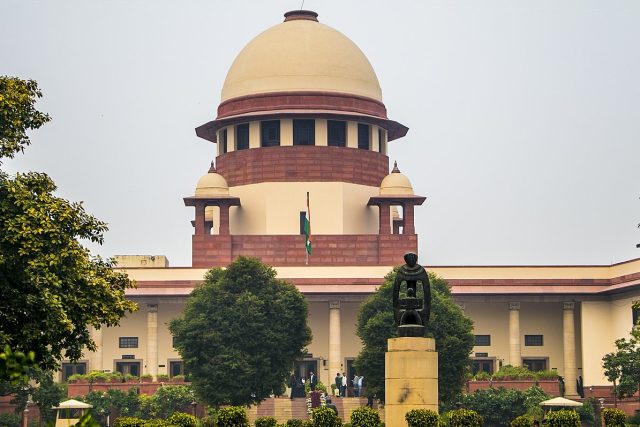The Supreme Court of India Friday granted the premature release of all six convicts serving a life sentence in the Rajiv Gandhi assassination case. Rajiv Gandhi, a former Prime Minister of India, was assassinated on the night of May 21, 1991, at Sriperumbudur in Tamil Nadu by a female suicide bomber, identified as Dhanu, at a poll rally.Nalini Sriharan, Robert Pais, RP Ravichandran, Suthenthira Raja, Murugan, and Jaikumar all were convicted under the Indian Penal Code 1860, the Arms Act 1951, the Explosive Substances Act 1908, the Passport Act 1967, the Foreigners Act 1946, the Indian Wireless Telegraphy Act 1933, and the Terrorist and Disruptive Activities (Prevention) Act 1987 for the assassination of Rajiv Gandhi.The Supreme Court on May 11, 1995 delivered its judgment, ordered life imprisonment to four of the accused, and awarded the death penalty to Murugan and Suthenthira Raja. Later, in 2014, the Supreme Court converted to life imprisonment because of the inordinate delay of 11 years in deciding their mercy petition.On September 9, 2018, the State of Tamil Nadu passed a resolution recommending the release of all the convicts, including the primary convict AG Perarivalan. Perarivalan was 19 years old when he was arrested in 1991. He was accused of having purchased the batteries that were used in the bomb that killed Rajiv Gandhi that year.On May 18 of this year, the Supreme Court bench of Justice L. Nageswara Rao and Justice B.R. Gavai invoked powers under Article 142 of the Constitution and granted the release of Perarivalan, who had spent over 30 years in jail as a convict in the Rajiv Gandhi assassination case. Article 142 of the Constitution empowers the apex court to exercise its jurisdiction and pass a decree or order “for doing complete justice in any cause or matter pending before it.” After the Supreme Court ordered the release of Perarivalan, Nalini and Ravichandran moved to the Madras high court, seeking similar relief. But the Madras high court dismissed the petition, observing that it lacks the special powers enjoyed by the Supreme Court under Article 142. Thus, they appealed to the Supreme Court.Justices B.R. Gavai and B.V. Nagarathna of the Supreme Court referred to the Perarivalan order and observed that the order of Perarivalan is applicable to the present applicants. The Supreme Court further observed that the Tamil Nadu Government has recommended the release of all convicts, which had not been acted upon by the governor.The Supreme Court bench also observed that all six convicts have spent over three decades in prison and that their conduct in the prison was satisfactory.


The Most Read
Сryptocurrencies
Bitcoin and Altcoins Trading Near Make-or-Break Levels
Financial crimes
Thieves targeted crypto execs and threatened their families in wide-ranging scheme
Financial crimes
Visa Warning: Hackers Ramp Up Card Stealing Attacks At Gas Stations
News
Capitalism is having an identity crisis – but it is still the best system
Uncategorized
The 73-year-old Vietnamese refugee is responsible for bringing Sriracha to American consumers
Uncategorized
Electric Truckmaker Rivian, Backed By Amazon, Ford, Raises Whopping $1.3 Billion